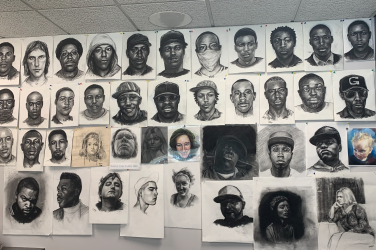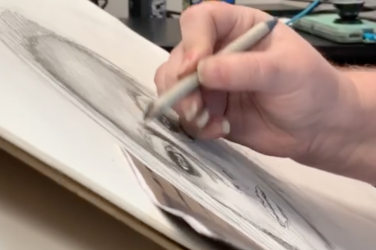Why It’s Newsworthy: Disinformation is nothing new, but since the 2016 presidential election, professional fact-checkers have seen a boom in their presence online. Understanding what disinformation is, who creates it, and for what purpose, is the first defense in knowing how to detect it. Once you know how it functions, then you can start to protect yourself against it. Using the advice from experts and a walkthrough of a disinformation piece, click here to learn how to defend yourself against media manipulators.
Lorna Ramage is a senior majoring in journalism at the Grady College of Journalism and Mass Communication at the University of Georgia.









Show Comments (3)
JC May
The government and legacy media seem to be some of the main purveyors of disinformation. here are a few examples: There is an epidemic of white police officers killing unarmed black men, we must block the puberty of children born in the wrong bodies to prevent them from killing themselves, the Russians control Trump through a sex blackmail operation, the Covid vaccine prevents infection, millions or billions will die from starvation and harsh weather from climate change, there’s no way a Covid virus could have escaped from a lab, mass migration improves societies with no trade-offs, it’s best for addicts if we give them hard drugs to use in special sites downtown, we need the government to fight misinformation online in order to save democracy, Biden is sharper than ever, Kamala is 100% prepared to be president, and anyone who disagrees is racist, sexist, and/or fascist.
elina perry
Thanks for sharing you are right. The solution, should be systemic, addressing processes and networks, rather than individual actors.